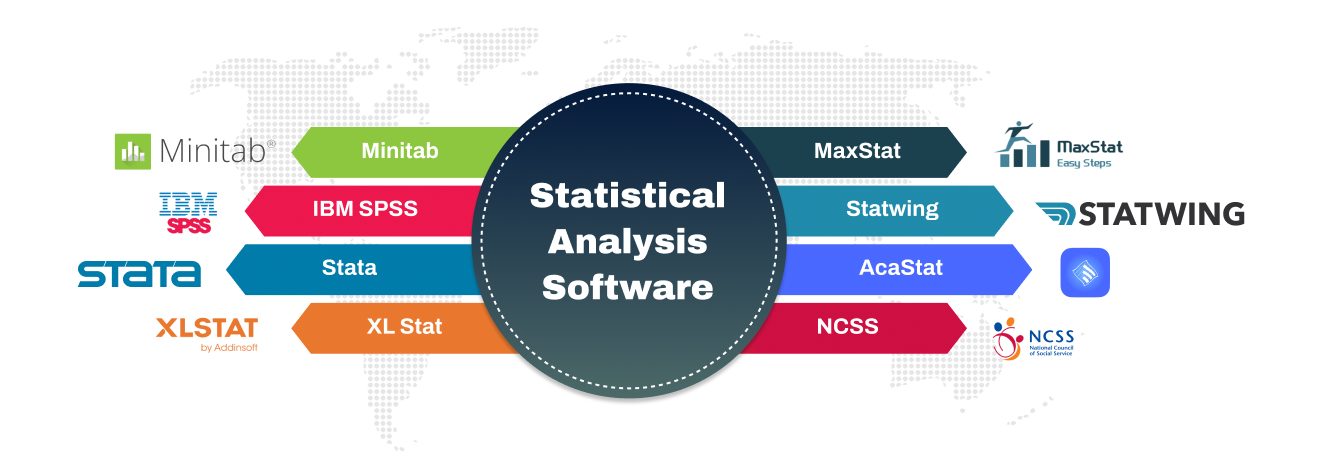
- About Us
- Services
- Assignment
- Writing Services
- University Assignment Help
- MBA Assignment Help
- High School Assignment
- Masters Assignment
- College Assignment
- Do My Assignment
- Buy Assignment
- Custom Assignment
- Capstone Project Assignment
- Resit Assignment
- Lab Report
- Term Paper Writing
- Powerpoint presentation writing
- Case Study writing
- Pay For Assignments
- Cheap Assignment
- Assessment help
- Instant Assignment Help
- Subjective Services
- English Assignment Help
- History Assignment Help
- Law Assignment Help
- Engineering Assignment
- Computer/IT Assignment
- Math Assignement
- Nursing Assignment Help
- Programming Assignment Help
- Psychology Assignment Help
- Science Assignment Help
- Management Assignment Help
- Accounting Assignment Help
- Finance Assignment Help
- Marketing Assignment
- Economics
- Business Assignment
- HealthCare Management Assignment
- Aviation Assignment
- Enterprise Architecture Assignment
- English Literature Assignment
- Writing Services
- Dissertation
- Writing Services
- Subjective Services
- Accounting Dissertation Help
- Economics Dissertation Help
- Engineering Dissertation Help
- Finance Dissertation Help
- IT Dissertation Help
- Law Dissertation Help
- Management Dissertation Help
- Psychology Dissertation Help
- Construction Dissertation
- Environmental Sciences Dissertation
- Information Systems Dissertation
- Programming Dissertation
- Media and Communication Dissertation
- Medicine Dissertation
- Tourism Dissertation
- English Dissertation
- Math Dissertation
- Geography Dissertation
- History Dissertation
- Statistic Dissertation
- Computer Network Dissertation
- BioTechnology Dissertation
- Digital Marketing Dissertation
- Anthropology Dissertation
- Essay
- Writing Services
- Academic Essay Help
- MBA Essay Help
- PhD Essay Help
- Persuasive Essay
- Expository Essay
- Descriptive Essay
- Scholarship Essay
- Order an Essay
- College Essay
- Analysis Essay
- Argumentative Essay
- Narrative Essay
- Informal Essay
- Informative Essay
- Classification Essay
- Compare And Contrast Essay
- Deductive Essay
- Process Essay
- Critical Essay
- Literature Essay
- Personal Essay
- Response Essay
- Admission Essay
- Illustration Essay
- Business Essay
- Analytical Essay
- Philisophy Essay
- Buy Essay
- Write My Essay
- Subjective Services
- Writing Services
- Homework
- Coursework
- Proofreading and Editing
- Assignment
- Certifications
- Reviews
- Blog
- Contact Us
































